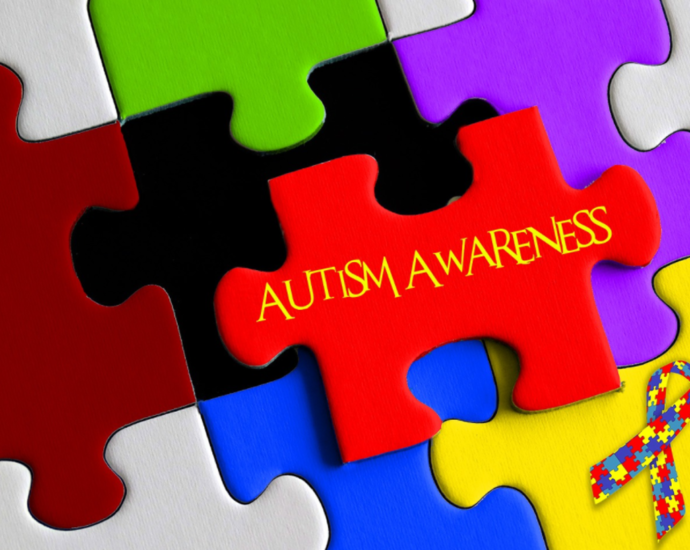Major Mental Disorders
Major DSM-IV-TR CategoriesDiagnostic and Statistical Manual of Mental Disorders (First & Pincus, 2002) Disorders Usually First Diagnosed in Infancy, Childhood or Adolescence Mental Retardation – as Mild Mental Retardation Learning Disorders – as Reading Disorder Motor Skills Disorder – as Developmental Coordination Disorder Communication Disorder – as Stuttering Pervasive DevelopmentalContinue Reading










